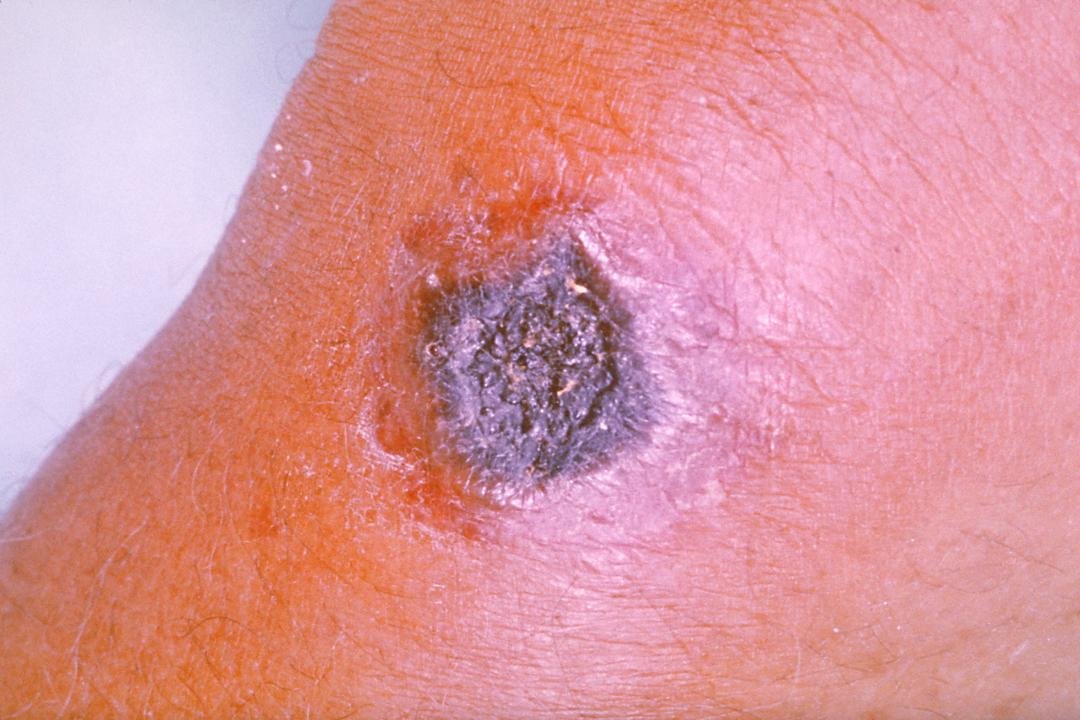[ad_1]
A professor of public health and consultant, public health physician, Yetunde Kuyinu, has called on government at all levels to screen and control diseases in animals to prevent anthrax in humans.
Ms Kuyinu, a staff of Lagos State University College of Medicine, Ikeja, made the call at a workshop organised by College of Agriculture, Lagos State University of Science and Technology (LASUSTECH), Ikorodu, on Thursday in Lagos.
The theme of the workshop was “preventing the spread of anthrax in Nigeria.”
She said that controlling the disease in animals was key to prevention of anthrax in humans.
“Anthrax fits appropriately into the one health prism, since it affects animals, humans and also contaminates the soil or environment with its spores.
“One health is an integrated, unifying approach that aims to sustainably balance and optimise the health of people and animals.
“Anthrax is a zoonotic disease that has a global distribution and the etiological agent is Bacillus anthracis and to a lesser extent, Bacillus cereus, which are domiciled in the soil.
“Human anthrax is usually secondary to an outbreak in domestic animals like cattle, sheep and goats and to a lesser extent as a result of occupational exposure,” Ms Kuyinu said.
The don said that there were diseases in most parts of the world, though the frequency of outbreaks varies.
“It is common in Africa, South East Asia, China, South America, Turkey, Pakistan and India.
“The anthrax “belt” in Nigeria runs through the North West, North East and North Central regions.
“Disease remains endemic with sporadic outbreaks and primarily in domestic herbivorous animals and the wildlife such as cattle, sheep, goats, chimpanzees, gorillas, monkeys and elephants.
“Humans can be infected through direct contact with infected animals or contaminated animal products,” she said.
Ms Kuyinu said that human-to-human or animal-to-animal transmission was rare and not contagious.
“Grazing animals become infected through ingestion of spores in the soil.
“Those at risk are people who work with animals, such as veterinary laboratory workers, farmers, abattoir workers, butchers, cattle rearers, hunters, importers and exporters of hides and skin.
“Also people who consume dead animals, such as cattle, sheep and goats, as well as health workers are at risk,” she said.
Ms Kuyinu urged the government and agricultural stakeholders to screen animals before selling them out and vaccinate susceptible animals.
“People need to know that a suspected or confirmed case of anthrax must be reported immediately.
“Educating employees who are handlers of potentially infected animals is very important,” she said.
Prof. Olumuyiwa Odusanya, the Vice-Chancellor of LASUSTECH, said that the workshop was designed to impact, engage and contribute to community service, on animal disease called anthrax.
Ms Odusanya said that a great number of animal farms were based in Ikorodu, noting that it was important to inform the farmers about the disease to control and prevent it.
(NAN)
[ad_2]
Source link



